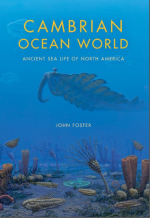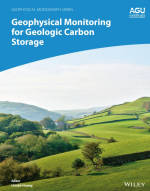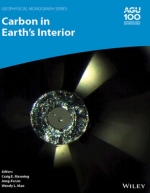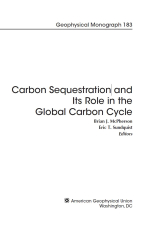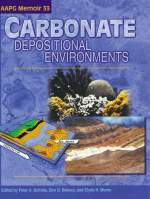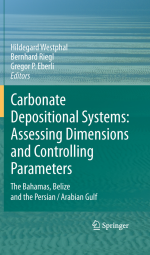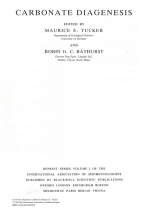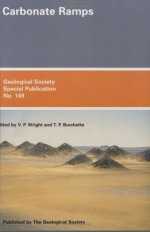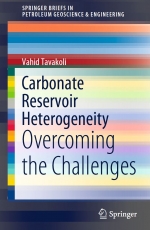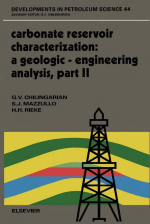Carbon in Earth’s fluid envelopes—the atmosphere and hydrosphere—plays a fundamental role in our planet’s climate system. It is also essential for the origin and evolution of life, for a large fraction of the energy we use, and for the multitude of carbon‐based materials so essential to the modern world. Yet the source and original quantity of carbon in our planet is uncertain (Marty et al., 2013), as are the identities and relative importance of early chemical processes associated with planetary differentiation (e.g., the moon‐forming impact, core formation, the onset of plate tectonics). Numerous lines of evidence point to the early and continuing exchange of substantial carbon between Earth’s surface and its interior (Dasgupta, 2013), such as information carried by subducted carbon trapped in diamonds, mantle‐derived magmas rich in carbon, carbonate‐bearing rocks found in fossil subduction zones, and springs carrying deeply sourced carbon‐bearing gases (Burton et al., 2013; Jones et al., 2013; Ni & Keppler, 2013; Shirey et al., 2013). Although quantifying the input and output fluxes is challenging, there is little doubt that a substantial amount of carbon resides in our planet’s interior (Dasgupta and Hirschmann, 2010, Kelemen & Manning, 2015).


